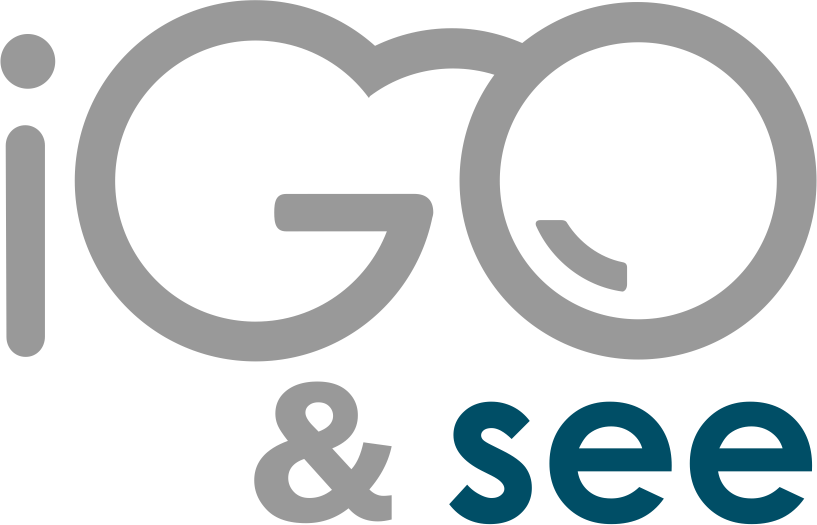The importance of discipline in optimization processes and cost reduction in manufacturing organizations.

Discipline in manufacturing organizations is essential to ensure efficiency and effectiveness in production.
Lack of discipline can lead to production delays, increased costs, and decreased product quality.
Discipline in the workplace refers to the ability of employees to comply with the rules and procedures established by the company. This includes arriving on time, following safety guidelines, and completing assigned tasks efficiently by following work instructions.
A disciplined work environment also promotes clear and effective communication between employees and managers, which helps prevent errors and confusion, and standards are the basis for communicating expectations and measuring performance.
Discipline also plays an important role in continuous improvement of production processes. People who have never set foot on a production floor will tell you that you first make an improvement and then set the right rule or standard.
However, they fail to understand that most of the time, performance problems are due to inconsistencies in following the rules, i.e., discipline problems. Disciplined employees are more willing to suggest improvements and work as a team to implement them.
This can lead to greater process efficiency, reduced costs, and improved product quality.
In addition, a disciplined work environment can help prevent accidents and injuries in the workplace. Employees who follow established safety rules are less likely to be injured, which can reduce insurance costs and improve employee morale.
To foster discipline in a manufacturing organization, it is important to establish and clearly communicate rules and procedures. Managers and supervisors should set an example by following these rules and procedures.
In addition, the company should provide training and resources to help employees comply with these standards. Oversight of compliance should always be provided by individuals with authority and responsibility for the performance of the area being reviewed; it should never be delegated.
Rather, it is a team effort of everyone in leadership roles, from the line manager to the general manager. Everyone reviewing with their own eyes the compliance of the standards, every day and acting every time a deviation is found to understand the cause and take action.
The use of technology can significantly alleviate the constant monitoring effort required. In certain industries, monitoring has become automated, making it almost impossible for a rule to be broken without leaving evidence and exposing the offender. In hospitals care facilities, for example.
The installation of monitoring cameras makes workers follow rules more consistently. On highways, the installation of radars and cameras makes drivers stay under the speed limit. These and other examples prove that when people know they are being monitored, they tend to behave as expected.
Many industries are already using this approach successfully.
Only when the organization understands that it is important to leaders that rules are that it is important for leaders that rules are followed, and that there are mechanisms to mechanisms to easily detect when a rule is not being followed, then everyone will be inclined to follow them.
Discipline should also be rewarded and reinforced through the use of incentives and recognition. Employees who demonstrate a high level of discipline should be recognized and rewarded for their effort and dedication.
In conclusion, discipline is essential to ensure production efficiency and effectiveness in manufacturing organizations. A disciplined work environment promotes clear communication, continuous process improvement, prevents accidents and injuries, and helps reduce costs.
To foster discipline in a manufacturing organization, it is important to clearly communicate rules and procedures, set an example for managers and supervisors to follow these rules and procedures, provide training and resources to help employees comply with these rules, and reward and reinforce discipline through the use of incentives and recognition.
It is important to have a continuous and consistent focus on promoting discipline throughout the organization and to rely on the latest technological advances to ensure its long-term success.
If you want to know more about my projects to promote discipline and continuous improvement using Lean 4.0, contact me and I will be happy to give you details.
Jorge.martinez@academialeansigma.com

